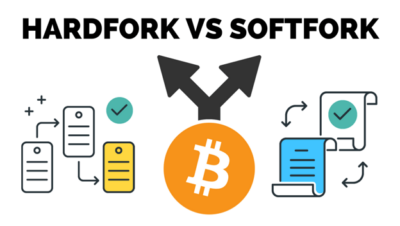Most investors in this country have added the investment tool of fixed deposit in their investment portfolios. The first reason is the low-risk and the second one is portfolio diversification. Fixed deposits allow investors to perk their capital safely and earn assured returns. However, the falling interest rates of fixed deposits provided by banks have raised concerns among investors. In such a situation, corporate fixed deposits have attracted a large number of investors. To understand the shift from bank fixed deposits to corporate fixed deposits or to make a decision on the same, you must have a decent idea of what a corporate fixed deposit is and how it differs from bank fixed deposits.
What is corporate FD?
As the name indicates, corporate FDs are offered by corporates and NBFCs. Much like bank FDs, investors can invest their capital in a corporate FD for a fixed tenure with a pre-decided interest rate. Hence, investors get the flexibility in terms of selecting their tenure. The application process for a corporate FD is more or less the same as a bank FD. Note that you have to collect the application form either from the corporate FD providing company or their respective official website.
How is corporate FD different from bank FD?
Now, that we have established the commonalities, let’s find out what makes a corporate FD different from a bank FD.
Interest rate
This is the key reason for corporate fixed deposits gaining more preference than bank fixed deposits. The interest rate of a corporate fixed deposit is higher than the interest rate on fixed deposit offered by banks. However, the interest rates for senior citizens offered by both banks and corporate FDs are on the higher side.
Tenure
Bank fixed deposits come with a longer tenure than corporate ones. You can invest in bank FDs with a tenure starting from a week and going up to 10 years, whereas, the tenure of a corporate FD ranges between 6 months to 5 years.
Risk factors
Higher interest rates often come with high risk. If the company providing the corporate FD goes bankrupt, it will be unable to pay the maturity amount. Bank FDs offer assured returns and do not have this default risk.
Penalty period
In accordance with RBI’s guidelines, fixed deposits come with a penalty period of generally 3 months. Any withdrawal within the first three months of making the investment becomes subject to penalty. This penalty period applies to both bank fixed deposits and corporate fixed deposits. However, the penalty period is shorter for corporate fixed deposits.
Corporate FD guideline you must remember
There are a few RBI guidelines for corporate fixed deposit that you must know before you start investing in them.
- The tenure can be a maximum of 5 years.
- The interest rate must be set according to the rates announced by RBI. The rates must be further changed at times as revised by RBI.
- Corporate FD providers must inform the RBI of all the relevant information.
- Corporate FD providers are not allowed to offer any additional benefits or gifts to investors.
As every investor knows, investments are always susceptible to market turmoil and there is a chance of losing your hard-earned money. Hence, you must be careful with your investment decisions, especially while opting for risky investment tools. It is better to do a thorough check to find the trustworthiness of any corporate provider before making any investment. Look for credit ratings provided by credit rating agencies like CIBIL, CRISIL, ICRA and so on. Corporates and NBFCs generally require a minimum of BBB rating to be allowed to collect investments. However, companies with AAA are more reliable









